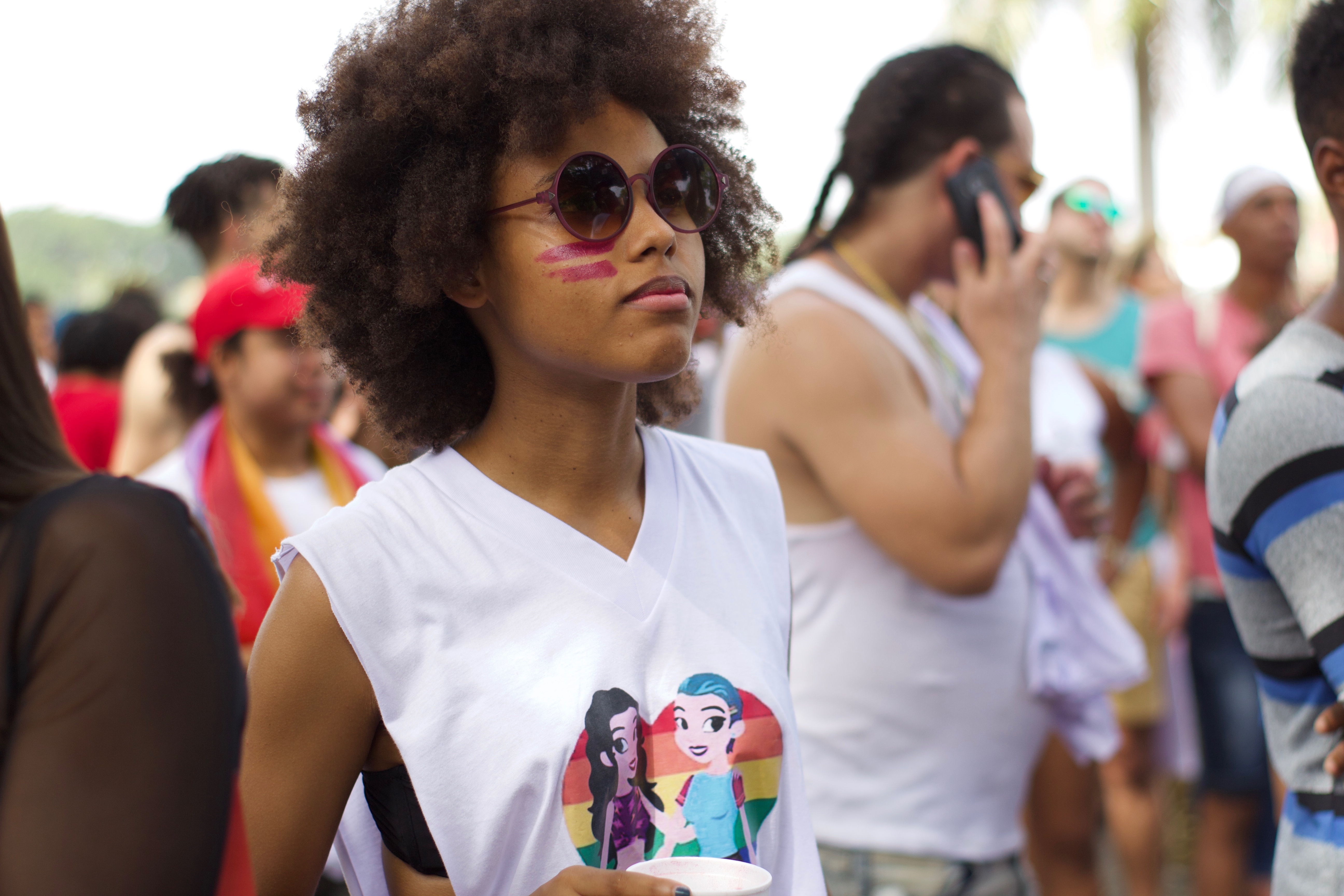Respecting our bodies, our lives, our rights – essential to building LGBTI inclusive societies
May 16, 2022

'Our Bodies, Our Lives, Our Rights': The theme for the International Day Against Homophobia, Transphobia and Biphobia 2022 is a call for social acceptance and inclusive public policies.
As we commemorate the International Day Against Homophobia, Transphobia and Biphobia (IDAHOBIT) on 17 May, we remember that lesbian, gay, bisexual, transgender and intersex (LGBTI) people all over the world still face stigma and discrimination on the basis of their sexual orientation, gender identity, gender expression or intersex status. The theme “Our Bodies, Our Lives, Our Rights” is not only a call for social acceptance but also a demand for public policies and programmes that are inclusive of the rights and needs of LGBTI people.
The body has always been a site of struggle for LGBTI people. Homophobia, transphobia and biphobia have led to high levels of violence and, combined with punitive laws and/or the lack of effective legal protection against discrimination, continue to expose many LGBTI people to serious violations of their human rights.
The lack of access to gender affirmative health care for transgender persons to support them in their gender transition or the often-irreversible cosmetic genital surgery performed on intersex infants underlines this struggle. In addition, many countries have yet to ban conversion therapy that impacts on the health of all LGBTI persons.
A recent report, “Human rights of intersex persons on Barbados, Dominican Republic, Haiti and Jamaica”, drafted under the Being LGBTI in the Caribbean (BLIC) project highlights a lack of legislation, policies or regulations that provide specific safeguards for intersex persons or that regulate care for intersex children.
In Haiti, the support given at Kay Trans, a shelter for young transgender men and women in Port-au-Prince, embodies tolerance and empowerment for the Haitian LGBT community and provides much needed suicide prevention and mental health support.
The lives and livelihoods of LGBTI persons are affected by discrimination in education, the workplace and the broader society. While States are obligated under international human rights law to promote and protect the human rights of all persons, many countries, still have in place discriminatory laws that criminalize, consensual same-sex relationships, leaving LGBTI people open to risk of arrest, extortion, violence, stigma and discrimination.
Our research also shows that in the Caribbean, as in many regions, there is an absence of official statistical information that reflects the situations and challenges of this population and their families. The 2020 National LGBTI Survey in Dominican Republic is the most comprehensive study conducted at national level on socio-demographic and living conditions of LGBTI people. The survey also found that 72 percent of LGBTI respondents in need were not benefiting from any social programmes.
Yet over the past two decades, the global movement of LGBTI people has achieved impressive results in contesting discrimination and violence on the basis of sexual orientation. gender identity, gender expression and intersex status. Much of this progress is owed to LGBTI people who have put their own physical safety on the line to demand and create change.
States that have taken action to address and protect the rights of LGBTI persons have done so by decriminalizing same sex relations, adopting protective laws banning discrimination and prosecuting homophobic, biphobic and transphobic hate crimes. Comprehensive gender identity laws, including those that grant transgender persons the right to change their names and gender markers, and to obtain identity documents that reflect their preferred gender without intrusive requirements, improve enjoyment of basic human rights including access to health, education and employment.
These diverse alliances confirm a commitment to achieve a world in which poverty reduction, universal access to health care, equity, sustainable economic growth and the right to a life without violence are possible for all people. We must heed LGBTI voices communicating issues of concern; this will help to improve evidence-based policymaking that benefits all members of society and shows respect for diversity, human rights and equity. On IDAHOBIT we make a call to build inclusive and equal societies, protecting the bodies, the lives and the rights of LGBTI people everywhere.
The Being LGBTI in the Caribbean project implemented by UNDP with support from the United States Agency for International Development (USAID) aims to enhance knowledge, partnerships and capacities of LGBTI communities, civil society and States to reduce human rights violations and negative attitudes towards LGBTI people in the Caribbean, with country level focus in Barbados, Dominican Republic, Haiti and Jamaica, as well as regional activities.

 Locations
Locations
